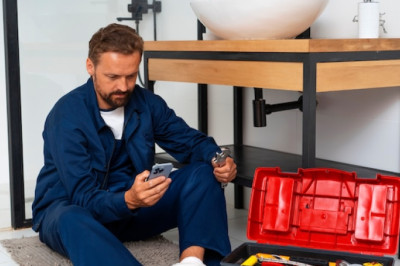Installing solar panels on your roof is a significant investment that can lead to substantial savings on your energy bills and a positive impact on the environment. However, before you make the leap, there are several important factors to consider. This article will guide you through five crucial things you should know before installing solar panels on your roof.
Assess Your Roof's Condition
Before installing solar panels, it's essential to evaluate the condition of your roof. If your roof is old or damaged, it may not be able to support the weight of the panels. Additionally, if your roof needs repairs or replacement in the near future, it's best to address these issues before installation. A sturdy, well-maintained roof ensures the longevity and effectiveness of your solar panel system.
Understand Your Energy Needs
Knowing your household's energy consumption is crucial when planning a solar panel installation. Review your past electricity bills to determine your average monthly usage. This information will help you decide the size and number of panels needed to meet your energy requirements. Installing a system that matches your energy needs ensures maximum efficiency and cost savings.
Research Local Regulations and Incentives
Different regions have varying regulations and incentives for solar panel installations. It's important to research local building codes, zoning laws, and homeowner association rules that may affect your project. Additionally, many areas offer financial incentives, such as tax credits, rebates, and grants, which can significantly reduce the overall cost of your solar panel system. Understanding these regulations and incentives can help you navigate the installation process smoothly.
Evaluate Your Roof's Sun Exposure
The amount of sunlight your roof receives directly impacts the efficiency of your solar panels. Factors such as roof orientation, shading from trees or buildings, and geographic location play a significant role in determining sun exposure. Conduct a thorough assessment of your roof's sun exposure to ensure optimal placement of the panels. In some cases, professional solar installers use tools like solar pathfinders to analyze sun exposure accurately.
Consider the Financial Investment
Installing solar panels requires a considerable upfront investment. While the long-term savings on energy bills can be substantial, it's important to understand the initial costs involved. Obtain quotes from multiple solar panel providers and compare their prices, warranties, and services. Additionally, explore financing options such as solar loans, leases, and power purchase agreements (PPAs) to find a solution that fits your budget. A clear understanding of the financial commitment helps you make an informed decision.












Comments
0 comment